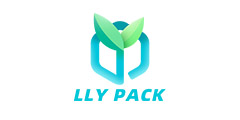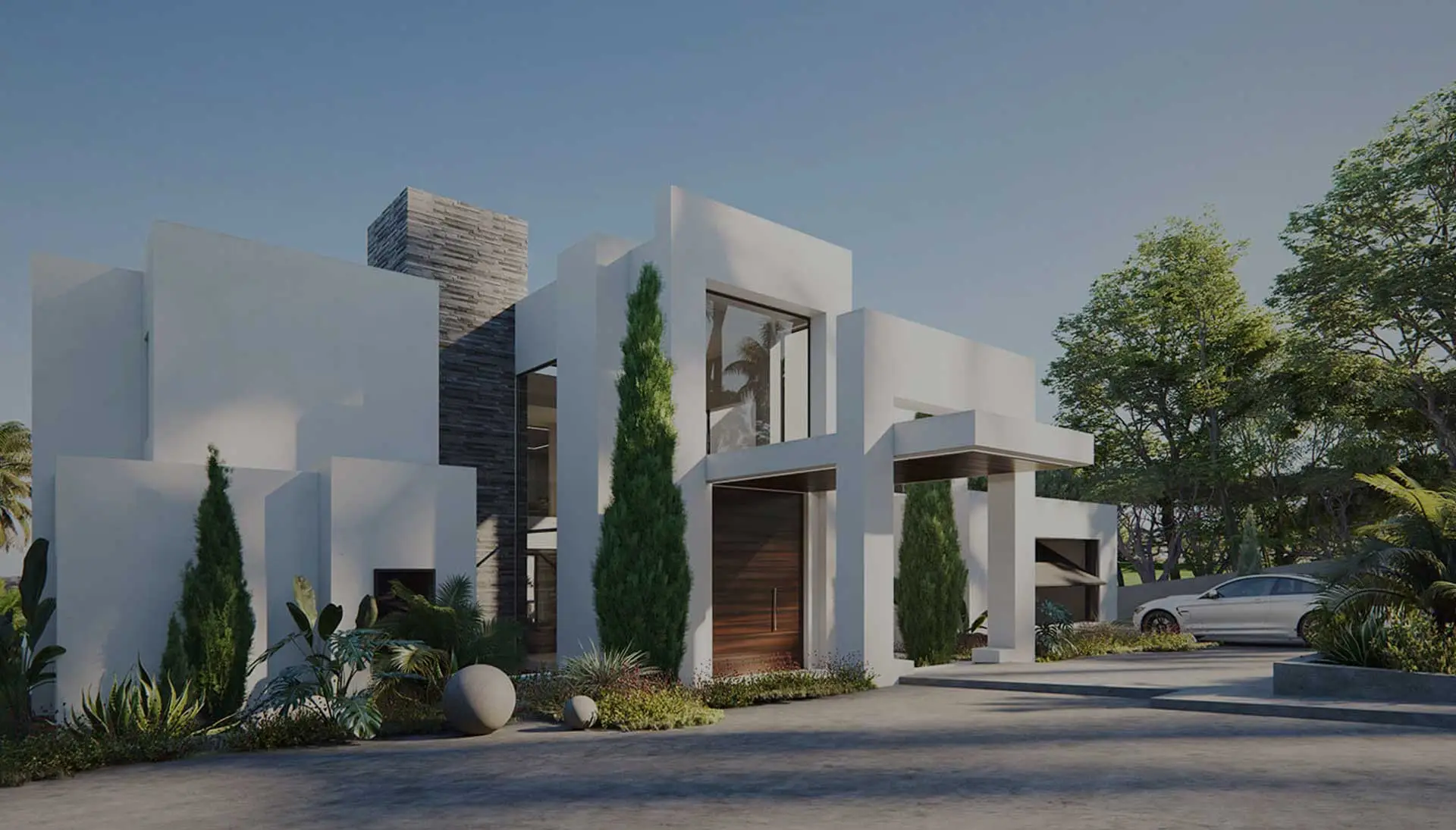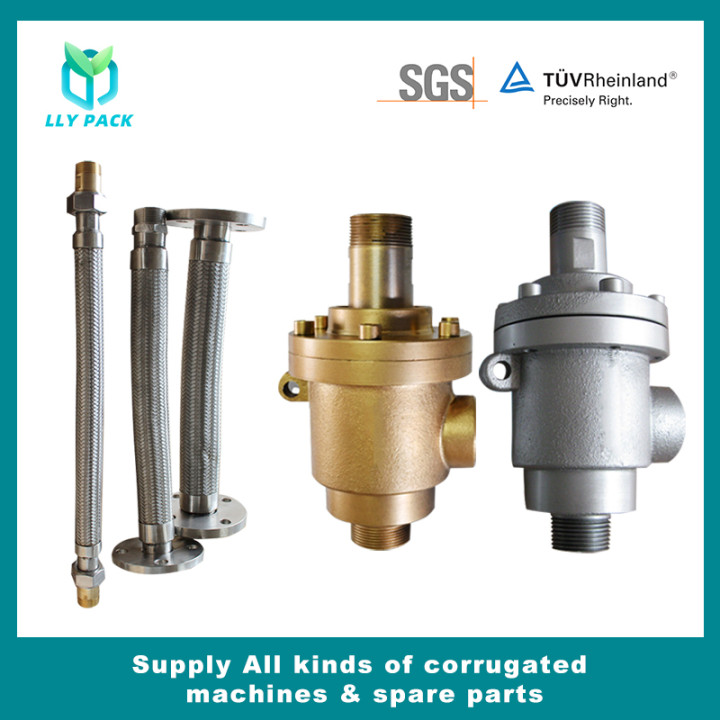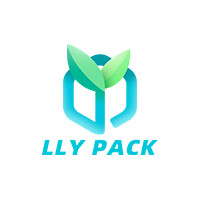The factors affecting the quality of corrugated board printing include plate making, equipment, materials, technology, and environment.
1. Prepress processing
First of all, the original design should pay attention to the accurate use of color. For the packaging design of corrugated board flexographic printing, in the use of color, one must create various types of works that are elegant, or bold, or warm, or have a strong visual impact; Second, try to reduce the number of printing colors as much as possible. Reduce the number of overprints. The more the number of registrations, the more severe the compressive strength of the corrugated board decreases.
Second, pay attention to the application of levels. The style of packaging design, some of the pursuit of simple and neat, some rich in the pursuit of the level. Because the flexible version body is highly flexible and easily deformed, the dot expansion after pressing is more serious. In the process of plate making, 1% or 2% of small dots are easily lost during washing. During the printing process, 3% of the dots tend to expand to about 10%. It is impossible to achieve a gradual change from 0 to 100% or a very soft layer. Effect. Therefore, the level of highlights and shades that can be expressed by flexographic products is relatively small, and those with better printed products can only reproduce 8% to 10% of the dots.
In image design and production, it is best to use vector software for lines, text, and color blocks to process images or create some special effects. You can use Photoshop and other pixel-based software.
2. Select the appropriate media
At present, the photosensitive resin plate is generally used, and the thickness is 2.84mm, 3.94mm, 7.00mm, and the like. Conventional flexo printing is commonly used for 7.00mm thick printing plates. When the pressure is too high during printing, the printed substrate is easily deformed or even damaged. At the same time, the resin plate is deformed and the dots are expanded. When the printing pressure is too low, the printed substrate is likely to produce bad clothes. Board failures affect the field and fine lines. With 3.94mm thick thin plate and 3.06mm thick air cushion lining (Shore hardness 20 ~ 25), not only can reduce the deformation of the printing plate, printing quality has been greatly improved, but also can reduce the plate and plate making costs .
Today thin plate technology is becoming more and more popular in flexo printing of middle and high grade corrugated cardboard. When using thin plates, pay attention to the choice of pads. The liner has a plastic foam liner, rubber liner (also with or without PE base film) and R/bak air cushion liner.
R/bak lining is a kind of polyurethane type material, its flexibility is 2 to 10 times higher than that of resin or rubber, and it has the advantages of high elasticity, no deformation, and quick recovery under pressure. It is the most widely used type of liner material in corrugated board printing. It can significantly improve the printing quality. It is suitable for fine pattern printing and is gradually replacing thick printing.
3. Note the selection of anilox roller
Because the flexographic printing is transmitted through the anilox roller, the quality of the anilox roller and the number of lines determine the amount of ink transferred and the fineness of printing. In general, the screen adjustment requires the use of high-line anilox rollers to make the dots clear; while the field version uses low-line anilox rollers to achieve color saturation. For example, there are both halftone images and the actual field. Usually, a certain color is made into halftone version and field version, respectively, to facilitate the printing operation.
If a large area is connected with a partial gradient, an anilox roller with a moderate number of lines may be selected. Choosing the number of anilox roller lines also needs to be matched with the number of screen lines to avoid or reduce the possibility of moiré. In addition, in the packaging design, many times, gold ink, silver ink, etc. are used to enrich the packaging design effect and improve the packaging quality. In the use of gold ink, silver ink, if the pattern contains a halftone, it is best to leave some space in the high light and dark tone, high light at the best network of more than 20%, because this type of ink printing dot is easy to paste version.
4. Select high-quality aqueous ink
The pros and cons of water-based inks are the key to ensure the genuine and bright color of corrugated board printing.
The selected aqueous ink requires that the hue and viscosity of the batches are basically the same. High-quality inks are delicate in feel, sticky and suitable in concentration. No precipitation or agglomeration occurs when water or alcohol solvent is diluted. No foam is produced during mixing. The affinity is good when mixed with other aqueous inks, and there is no abnormal reaction. However, it should be noted that water-based inks should not be mixed with alcoholic inks or solvent-based inks, or organic solvents should be added to water-based inks to avoid causing print failures and affecting the print quality. (to be continued)










